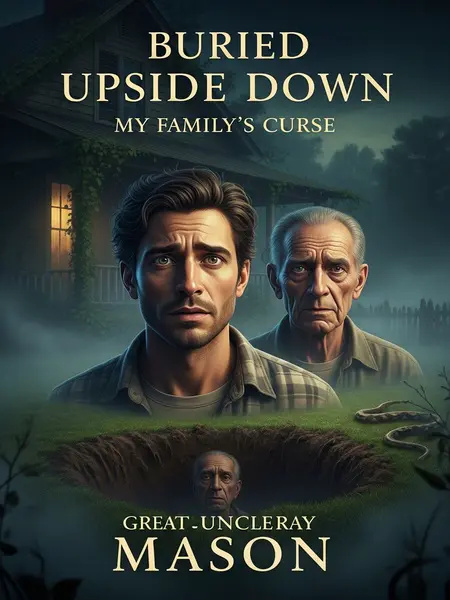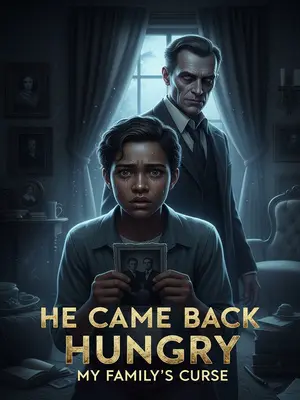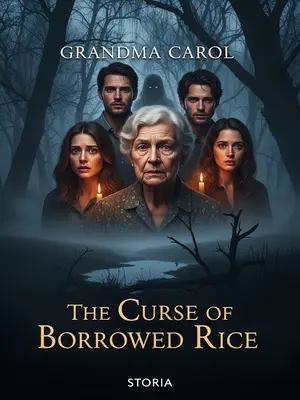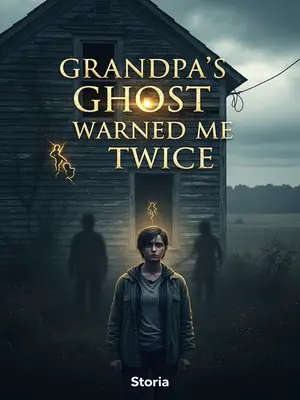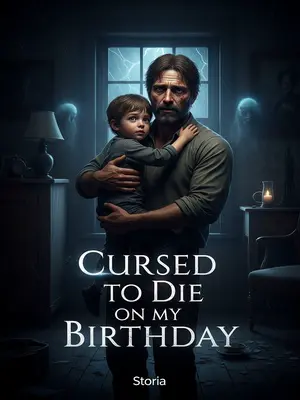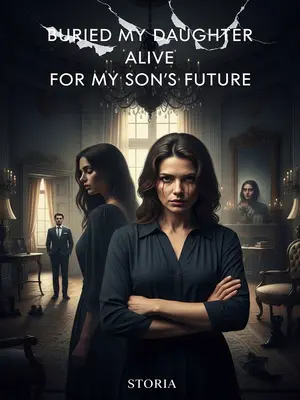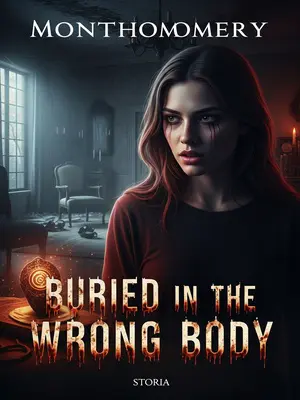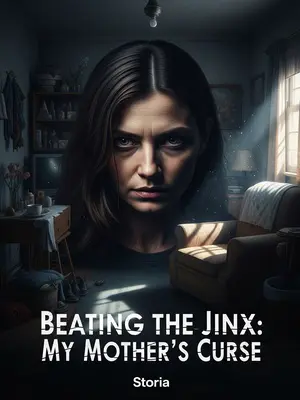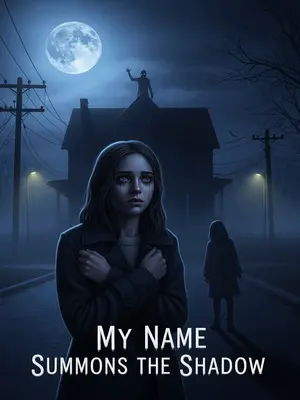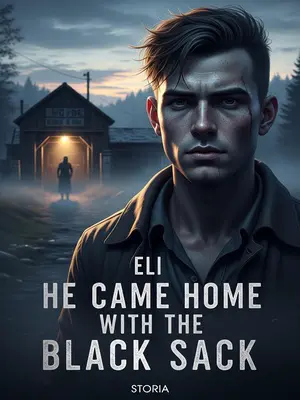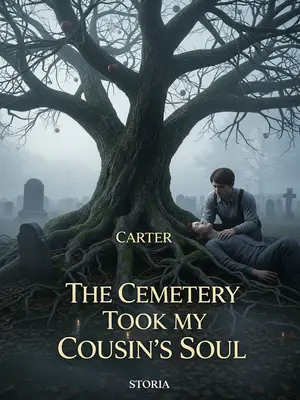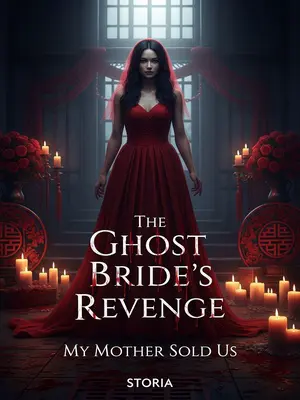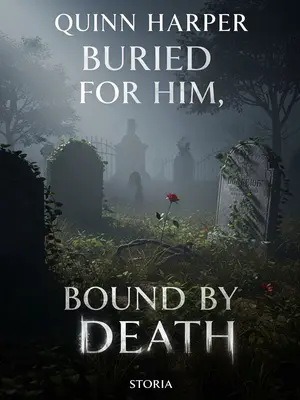Chapter 1: The Night of Bad Omens
Great-Uncle Ray was over eighty years old. Hard to believe, honestly. Sometimes you forget just how much time a person’s packed into their bones.
He had that old-man strength—the kind that made you think he’d still split a log with one swing. Broad shoulders, a jaw like granite—seriously, it looked like he could bite through a cinderblock. And his hands? Big and worn, like your old mitt after a hundred games. In some ways, he looked sturdier than my own grandfather, who always seemed just a little more beat-up around the edges, soft and faded in the way only a favorite glove gets after years of use.
But last night at dinner, all hell broke loose—a wild raccoon came tearing into the house, a black snake coiled tight around its middle. The thing barreled through the kitchen, crashed into a jar of pickles, and left muddy paw prints all over the linoleum. We all just stared. Forks halfway up, mouths hanging open, as the animals vanished into the shadows like some fever dream.
By nightfall, Great-Uncle Ray was dead—and the way it happened was just plain wrong. You could feel it. Like the air itself got heavy, pressing down on everyone’s chests. There was a hush that settled in, the kind that creeps up on you and you only notice after it’s already there.
The next morning, when my Uncle Mike went to get him for breakfast, he found him dead. Mike dropped his mug, coffee splattering across his boots. He just stood there. Staring. The back door was wide open, and a trail of dirt led out into the yard like some kind of invitation.
A big pit. Fresh dirt, shovel still standing like a gravestone. He’d dug it himself in the backyard, earth turned up dark and wet. It looked like the kind of hole you’d dig for a tree—not a man.
Headfirst—he’d suffocated in the dirt. His boots stuck out, laces caked with mud. The sight punched you in the gut. It was the kind of thing you might hear about on the late-night news, some twisted story out of another state. Not something that could ever happen in your own family. Not until it does.
Uncle Mike just lost it. Screaming his head off. His voice carried down the block, bouncing off the old oaks and waking half the neighborhood. I’d never heard a grown man sound so raw—like he was a kid again, lost in the dark. It made the hair on my arms stand up.
By the time Grandpa rushed over, Great-Uncle Ray’s house was packed with neighbors. Folks from all over Maple Hollow—some still in pajamas, others clutching coffee mugs—crowded into the kitchen and living room, everyone talking in hushed tones, casting nervous glances at the backyard. The place buzzed with worry. You could almost taste it.
Seeing that Great-Uncle Ray was still buried in the pit, Grandpa barked orders, and the men moved fast. His voice was steady, but his hands shook. They carried Ray inside and laid him gently on the old plaid couch. No one looked each other in the eye. Not for a second.
Then he handed out cigarettes to everyone, lit one for himself—the flame trembling—and took a long drag. He cleared his throat, voice rough as gravel. "Thank y’all for coming. I appreciate it, but let’s give the family some space." He let the smoke curl out slow, like he needed a minute to steady himself.
But the neighbor next door, Old Man Jenkins, didn’t leave. He lingered by the doorway, arms crossed tight over his chest, eyes narrowed like he was trying to solve a puzzle he already hated. I watched him, wondering what he knew that the rest of us didn’t.
Old Man Jenkins looked at my grandfather with a strange expression. He hesitated, shifting his weight, then finally spoke up:
"Last night at dinner, I heard your brother yelling that a wild raccoon with a black snake wrapped around it had come into his house."
"He chased after the raccoon, cursing at it for a long time..." Jenkins’ voice dropped low, barely above a whisper, like he was afraid the words themselves might draw trouble our way.
Grandpa frowned, deep lines etching his face, and offered Jenkins a cigarette. "A wild raccoon with a black snake wrapped around it?"
"That’s really something strange." Grandpa shook his head, forehead creasing even more. "Did Ray mess with… something he shouldn’t have?"
"Who could say?" Jenkins shrugged, flicking ash onto the porch steps, his gaze locked on the backyard like he expected something to crawl out of the dirt any second.
Old Man Jenkins took the cigarette, eyes still on that big pit, and said:
"Frank, the way your brother died—that’s what folks call an upside-down burial. Bad omen."
"And that pit lines up with the front door."
"When an elderly person dies like that, it spells trouble."
"If you’re not careful, it could drag the whole family down."
"You need to get a real expert here to take a look, fast."
Jenkins’ words hung in the air, heavy as storm clouds. Around here, folks had their own names for things—old superstitions, the kind that stick around long after you stop believing in them. Grandpa’s face was pinched with worry. He finally said, "I already called. He’s on his way."
"You’ve seen a lot in your time, Jenkins."
"Do you know what it means when a wild raccoon with a black snake shows up?" Grandpa’s voice got quiet, almost pleading, like he was asking for a lifeline.
Old Man Jenkins paused, then pulled Grandpa aside into the laundry room. The door creaked shut, and their voices dropped to a hush, mixing with the steady hum of the old dryer.
They talked in low voices for a long time before coming back out. Jenkins’ face was pale, and Grandpa’s lips were pressed together, tight as if he’d swallowed something sour. I didn’t need to hear what they’d said to know it was bad.
Right after that, Old Man Jenkins left Great-Uncle Ray’s house. He walked out slow, shoulders hunched, glancing back over his shoulder like he half-expected something to follow him down the driveway.
Watching him go, Grandpa’s face turned dark and grim. That look you get when you know something bad is coming and there’s not a thing you can do to stop it. He didn’t say a word.
Uncle Mike glanced at Grandpa, then hurried to call the general store down on Main Street, asking them to send over several bolts of white cloth. His hands shook as he dialed, the old rotary phone clicking so loud it sounded like gunshots in the silence.
He led us younger ones inside to help set up Great-Uncle Ray’s memorial area. We cleared off the dining room table, draped it in white, set out framed photos and candles. The air was thick with the smell of wax and old wood—the kind of scent that sticks to your clothes long after you leave.
We worked most of the day before it was finally ready. Sweat beaded on our foreheads, and every so often someone would pause, glancing at the old clock on the wall, half-expecting time itself to just give up and quit ticking.
